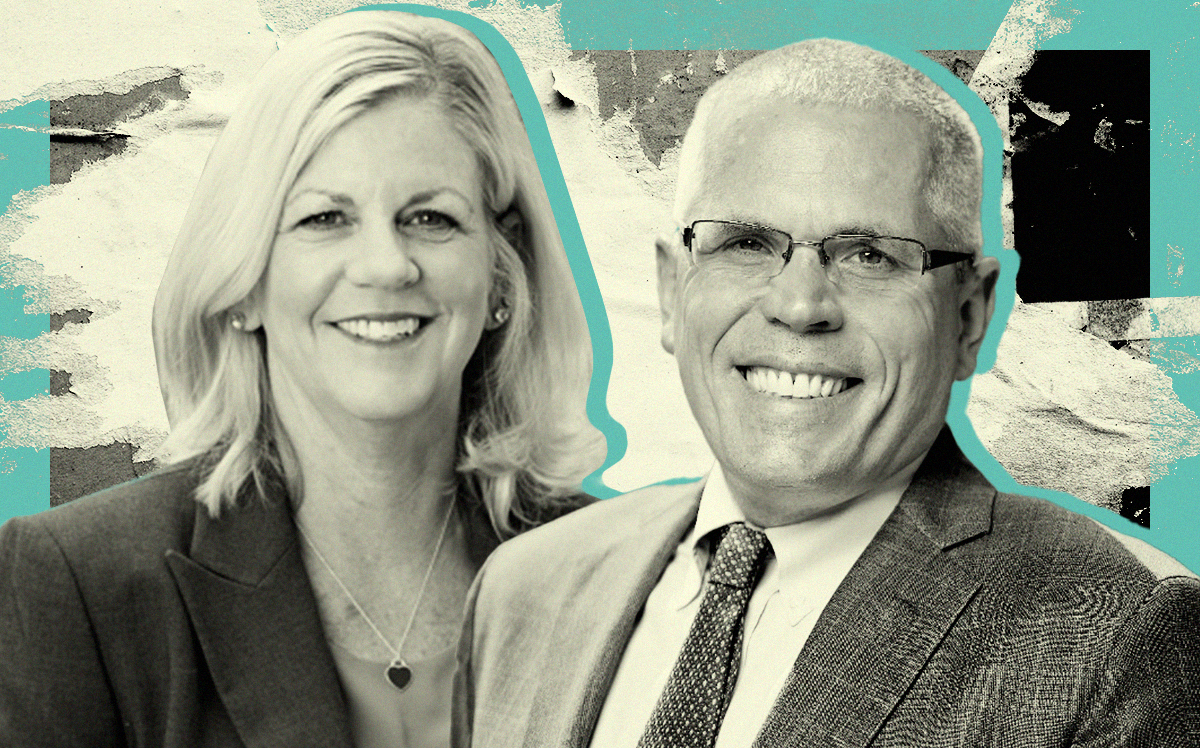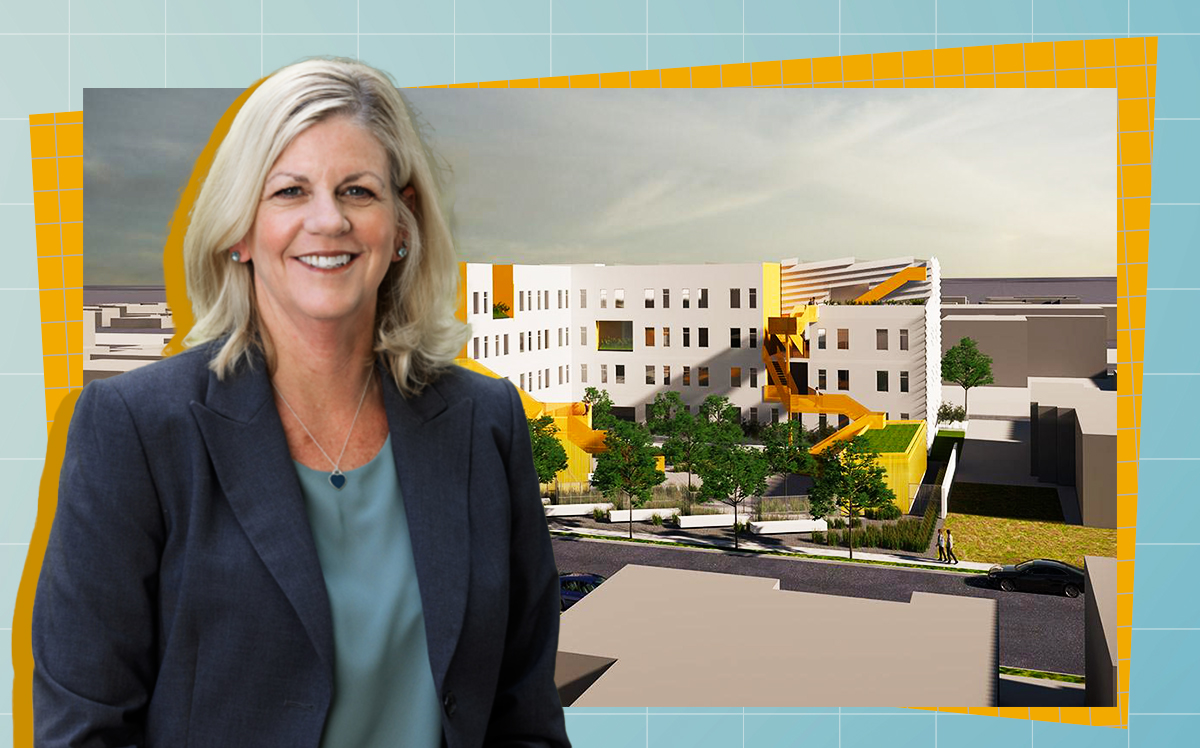The City of Los Angeles will take over 2,000 units of permanent housing for the homeless from the beleaguered Skid Row Housing Trust, according to a March 30 announcement.
The 2,000 units spread across 20 buildings in Los Angeles represents nearly all of Skid Row Housing Trust’s inventory. The 34-year-old non-profit was one the largest operators for permanent supportive housing to get people off of the streets.
However, Skid Row Housing Trust had been on the verge of financial collapse. For several years, Skid Row Housing Trust had run deficits of almost $14 million a year. Maintenance costs on its older buildings outsripped revenue, hundreds of units were uninhabitable and occupancy at the trust’s buildings dipped to about 78 percent.
The trust had searched to find a group to take over its buildings, which include downtown Los Angeles landmarks such as Rossmore Hotel and Edward Hotel. It also moved into other businesses, such as distressed mortgages to open another revenue stream.
The city will seek to establish a Public Health and Safety Receivership for Skid Row Housing Trust’s stocks, L.A. Mayor Karen Bass and City Attorney Hydee Feldstein Soto announced. Feldstein Soto said that the receivership would continue to house 1,500 people living in the trust’s buildings.
Mark Adams, president of California Receivership Group, was appointed to helm the city’s efforts. Working as the city’s receiver, It will be his job to take over the properties, rehabilitate the units and maintain them, according to a statement from the mayor’s office. Adams is a veteran in supplying housing for the homeless. He worked as a director of the Los Angeles Division of non-profit Southern California Housing Development Corporation.
Read more



